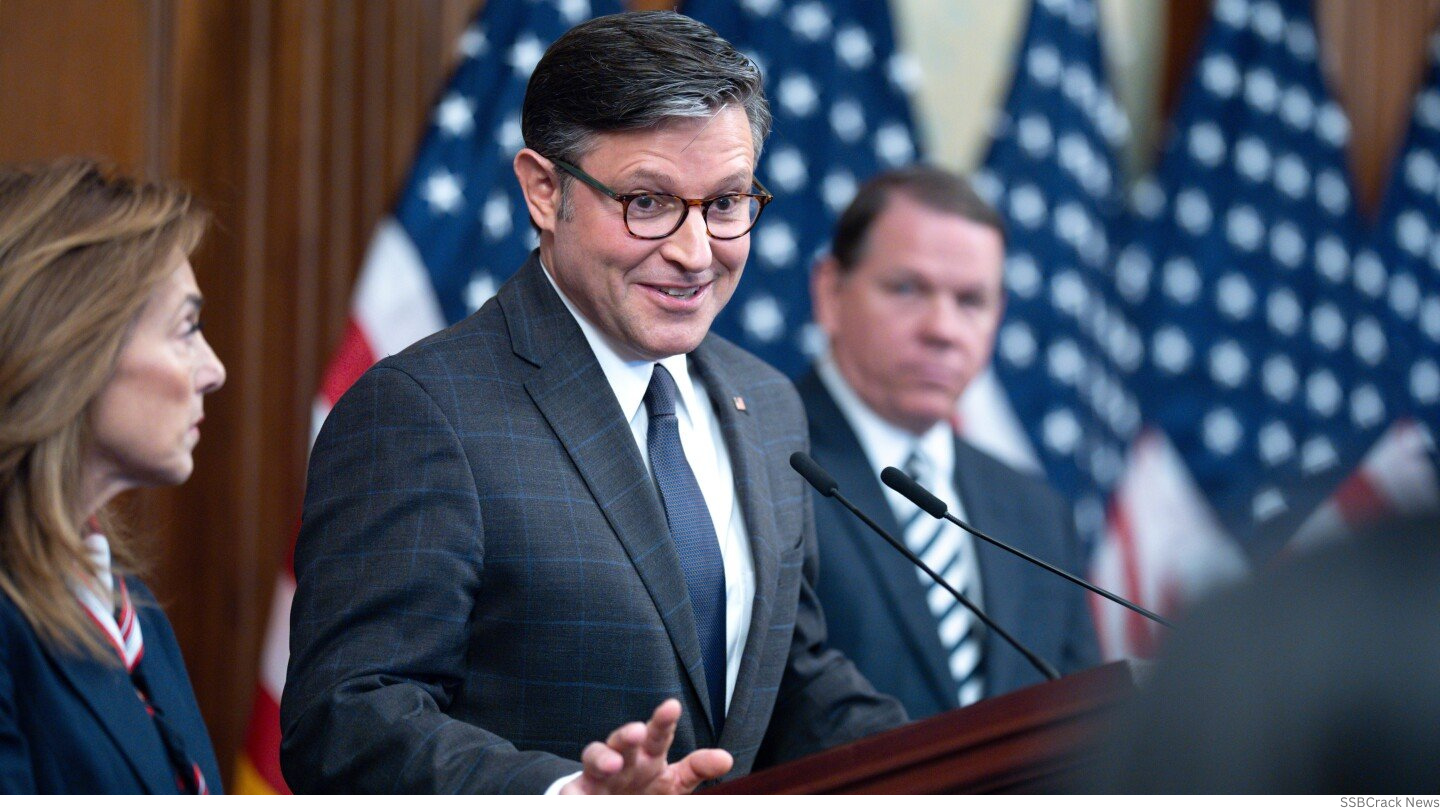The U.S. Senate on October 23 rejected a bill aimed at ensuring pay for active-duty service members and federal employees during the ongoing government shutdown, prolonging uncertainty for millions of Americans affected by the funding lapse.
The legislation, known as the “Shutdown Fairness Act,” sought to guarantee salaries for approximately 1.32 million military personnel and hundreds of thousands of federal workers who have either been furloughed or forced to work without pay since the government shutdown began 25 days ago.
Despite bipartisan support from several key senators, the bill failed on a cloture vote of 54–45, falling short of the 60 votes required to advance in the Republican-controlled chamber.
“It is unacceptable that those who serve our country are left waiting for their paychecks while political gridlock persists in Washington,” said Sen. Jon Ossoff (D-Ga.), one of the few Democrats to vote alongside Republicans in support of the bill.
Senate Vote Breakdown
The vote revealed cross-party alliances but ultimately highlighted persistent divisions:
- Supporters: The majority of Republican senators, joined by Democrats Jon Ossoff (D-Ga.), Raphael Warnock (D-Ga.), and John Fetterman (D-Pa.), voted in favor of the bill.
- Opponents: Most Democrats opposed the legislation, citing concerns that it did not include funding measures to reopen the government or protect other essential services during the shutdown.
Sen. Fetterman, who has consistently supported efforts to reopen the government, defended his vote, emphasizing that ensuring military and federal worker pay should transcend partisan politics.
“This is not about politics; it is about fulfilling our obligation to those who put their lives and livelihoods on the line for the American people,” Fetterman said following the vote.
Implications for Troops and Federal Employees
With the bill’s failure, U.S. service members and federal employees face continued uncertainty regarding their paychecks. While the Department of Defense previously reallocated $8 billion from military research programs to cover the most recent payroll, it is unclear whether similar measures can be repeated for the upcoming pay period at the end of the month.
Pentagon officials and federal agencies have warned that prolonged nonpayment could have serious repercussions:
- Morale Concerns: Troops may experience financial strain, affecting readiness and retention.
- Furlough Challenges: Federal employees required to work without pay may struggle to meet basic living expenses.
- Operational Impacts: Agencies may face disruptions in delivering critical services due to staffing constraints or reduced workforce participation.
Political Context
The failure of the “Shutdown Fairness Act” underscores the broader impasse in Congress, with lawmakers unable to agree on broader funding legislation to end the shutdown. The government lapse, now in its 25th day, is poised to become one of the longest in U.S. history.
While Republicans argue that the bill represented a reasonable compromise to protect service members and federal workers, Democrats maintain that it fails to address the root problem: the absence of a full budget agreement to fund government operations comprehensively.
The stalemate comes amid growing public frustration, particularly among families of military personnel and federal workers who are struggling to manage expenses without guaranteed pay. Advocacy groups and union representatives have called on Congress to take immediate action to protect workers and ensure continuity of essential services.
Attempts to Mitigate the Impact
The Trump administration has previously taken measures to minimize the effects of the shutdown on troops. In early October, the Pentagon used reallocated research funds to ensure service members were paid, while other federal agencies have implemented temporary measures to sustain critical operations.
Additionally, an anonymous $130 million donation recently provided to the Pentagon was directed to cover troop salaries, highlighting the unusual steps required to ensure military pay during the funding lapse.
Despite these measures, uncertainty remains for the end of October payroll, when the government is next scheduled to issue payments to active-duty personnel and federal employees.
Public and Expert Reactions
Political analysts have highlighted the vote as a symbol of Congress’ struggle to balance partisan priorities with public responsibility.
- Military and veterans’ groups emphasized the urgent need to secure funding for troops.
- Federal employee unions criticized Congress for leaving workers in limbo, warning of financial hardship and declining morale.
- Policy experts noted that repeated reliance on donations and internal fund reallocations is unsustainable and could set a concerning precedent.
“The continued failure to secure guaranteed pay for those who serve is not only a logistical problem but also a moral one,” said Michael O’Hanlon, a defense policy analyst.
Next Steps
With the failure of the “Shutdown Fairness Act,” lawmakers face increasing pressure to craft a comprehensive solution. Options include:
- Renewed efforts to pass funding legislation that would reopen government operations fully
- Targeted interim measures to protect essential workers and military personnel
- Negotiated compromises between Democratic and Republican leadership to address key points of contention
Observers suggest that without swift action, the shutdown’s economic and operational consequences could intensify, further eroding public confidence in government functionality.
Conclusion
The Senate’s rejection of the “Shutdown Fairness Act” represents a significant setback for efforts to protect U.S. troops and federal workers during the ongoing government shutdown. While some bipartisan cooperation emerged, partisan divisions continue to impede meaningful solutions, leaving millions of Americans in financial and professional uncertainty.
As the government shutdown persists, both Congress and the administration face mounting pressure to prioritize pay for military and federal personnel while simultaneously negotiating a broader budget deal to restore normal operations.
%20(4).png)








